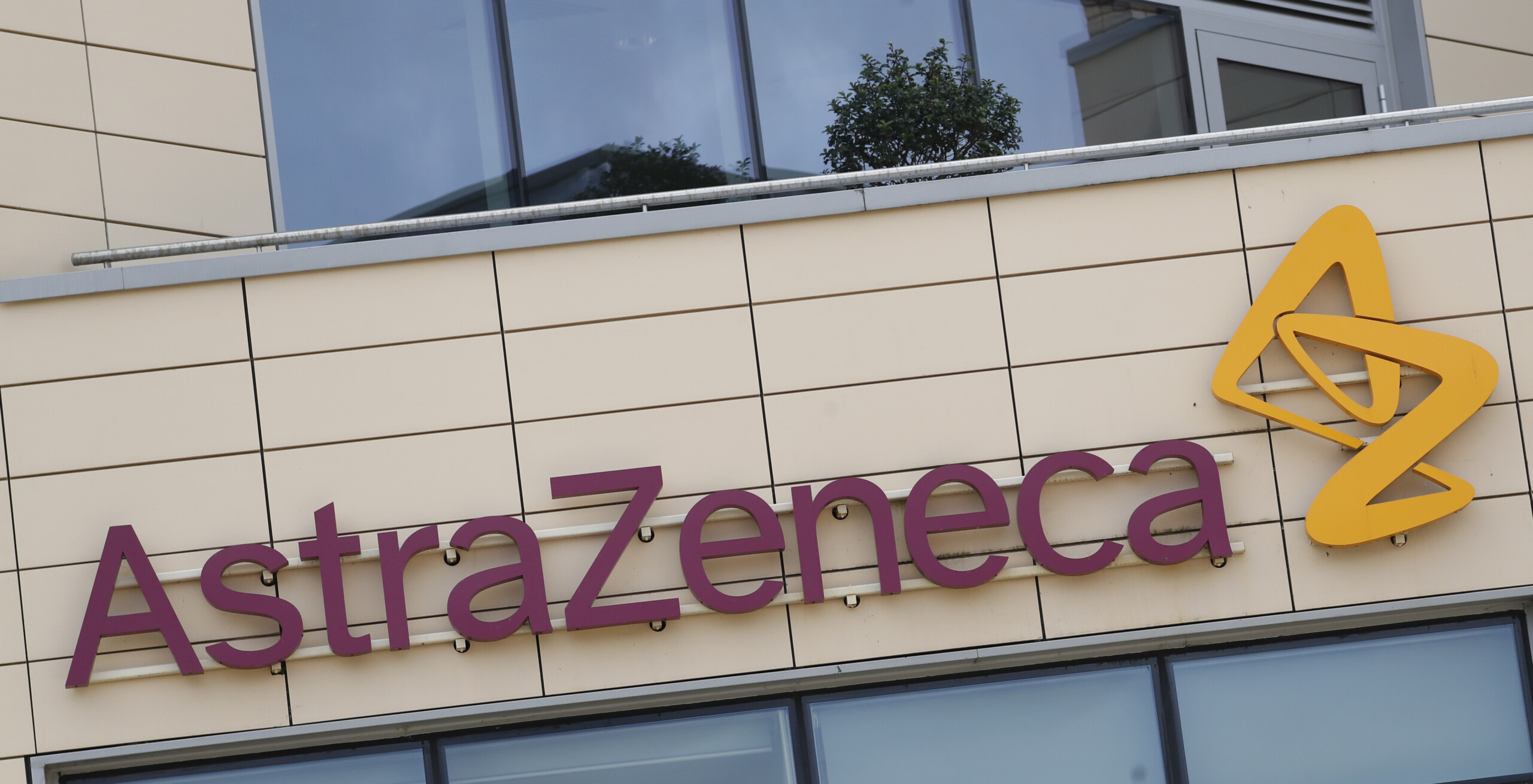Ireland halts use of AstraZeneca vaccine following blood clot reports in Norway
(CNN) — Ireland temporarily suspended the use of the AstraZeneca Covid-19 vaccine on Sunday following a report from Norway of patients developing blood clots post inoculation.
The Norwegian Medicines Agency on Saturday said there were four new cases of serious blood clotting in adults after taking the vaccine.
The Irish National Immunization Advisory Committee (NIAC) made the directive as a precaution though it “has not been concluded that there is any link between the AstraZeneca vaccine and these cases,” it said in a statement.
Ireland’s NIAC is set to meet again Sunday to further discuss the suspension of the vaccine, it added.
Ireland is the latest in the string of European countries who have decided to partially or fully suspend the rollout of the AstraZeneca vaccine following reports of patients developing blood clots after inoculations.
Health authorities in Austria were the first to sound the alarm on the potential dangers of the vaccine, suspending on Tuesday one batch of doses.
Italy on Friday banned the use of vaccines from a specific batch of AstraZeneca doses following the death of a serviceman in Sicily, who had died of cardiac arrest one day after receiving his first dose of the vaccine.
Denmark however on Thursday became the first European country to temporarily suspend the entire rollout of the AstraZeneca vaccine.
The European Union’s medicines regulator, the EMA, is currently investigating whether the shot could be linked to a number of reports of blood clots.
AstraZeneca has robustly defended its vaccine, saying Friday there was “no evidence of an increased risk” of blood clots. European and UK medicines regulators have also said the link between the vaccine and blood clots has not been confirmed and that rollouts should continue.
“There is currently no indication that vaccination has caused these conditions, which are not listed as side effects with this vaccine,” the EMA said in a statement on Thursday.
So far over 110,000 doses of the AstraZeneca vaccine have been administered in Ireland, accounting for roughly 20% of all doses in the country according to state broadcaster RTÉ.
CNN has reached out to AstraZeneca for comment.
Niamh Kennedy reported from Dublin and Lindsay Isaac reported from London.
